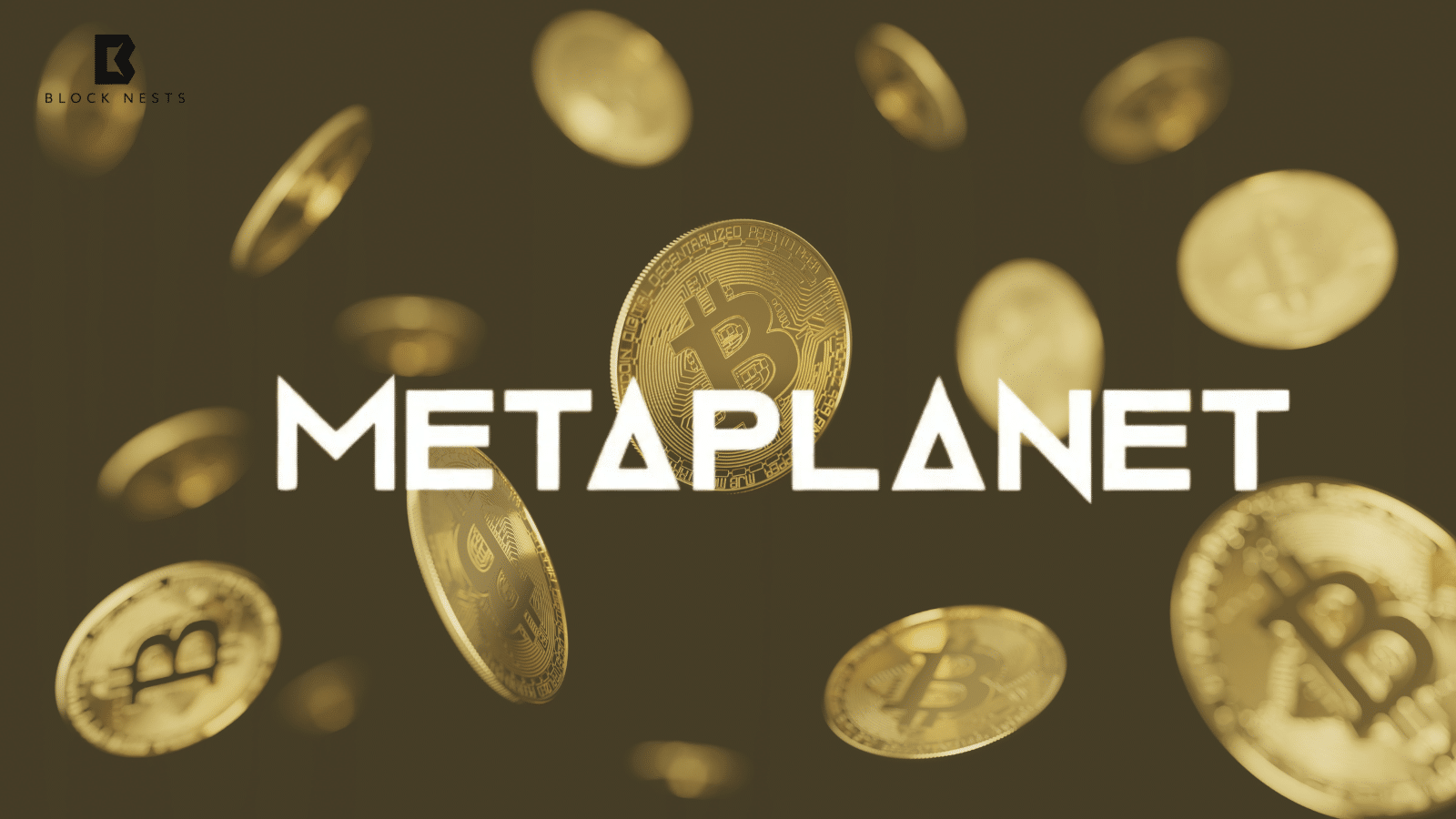- The SEC is proposing a regulatory “sandbox” for tokenized securities to foster blockchain-based innovation in the U.S. crypto market.
- The sandbox would offer temporary exemptions from certain regulations, allowing both registered and unregistered firms to test new business models.
- This proposal aims to address challenges posed by outdated financial rules and create a more unified federal framework for crypto firms.
The U.S. Securities and Exchange Commission (SEC) may soon introduce a regulatory “sandbox” for tokenized securities, a move that could provide much-needed relief for crypto companies navigating outdated financial rules. Acting SEC Chair Mark Uyeda suggested a transformative shift in digital asset treatment during the agency’s latest crypto roundtable.
According to Fox Business reporter Eleanor Terrett, the sandbox framework would allow both registered and unregistered crypto firms to innovate within a controlled environment temporarily exempt from some existing regulations. The proposal aims to foster blockchain-based securities innovation while the SEC works on a permanent rulemaking framework for the digital asset market.
🚨NEW: At the @SECGov Crypto Task Force’s roundtable on trading, Acting Chair @MarkUyedaUS hints at a regulatory ‘sandbox’ approach for firms, both registered and unregistered, that trade tokenized securities. https://t.co/Udf7R71BNh
— Eleanor Terrett (@EleanorTerrett) April 11, 2025
A regulatory sandbox is a limited-time structure that allows market participants to test new technologies or business models without immediately facing the full brunt of securities law enforcement. Terrett noted that this type of framework lets firms operate without fear of litigation, which could speed up responsible crypto innovation in the U.S. “It’s what the prior administration could have done, but instead they chose to sue companies for not being compliant,” she said.
Uyeda emphasized the need for a unified federal framework that simplifies compliance for crypto firms, many of which currently face a fragmented landscape of state-by-state licensing requirements. He proposed a short-term, conditional exemptive relief strategy that effectively created a regulatory breathing room for blockchain developers and tokenized security platforms.
“While the Commission works to develop a long-term solution to address these issues, a time-limited, conditional exemptive relief framework for registrants and non-registrants could allow for greater innovation with blockchain technology within the United States in the near term,” the agency stated.
Blockchain Trading Systems in SEC Sandbox
This proposed sandbox would particularly benefit firms working on blockchain-based securities trading systems. The SEC has invited market participants to submit feedback. They are asked to highlight areas where such exemptions could drive innovation without undermining investor protection.
However, the success of this sandbox plan depends on Congressional action. Lawmakers must pass a crypto market structure bill that enables the SEC to write and enforce long-term digital asset rules. Although there is optimism that Congress could act this year, implementation and enforcement would still take time.
Uyeda also acknowledged that many current crypto trading platforms are already capable of offering both tokenized securities and traditional cryptocurrencies. He highlighted the potential for blockchain-based systems to support continuous, 24/7 trading, something that traditional markets do not offer.
Experts at the roundtable noted that the SEC’s current regulations don’t fit the unique structure of blockchain-based trading systems. They called for tailored rules that account for the speed, transparency gaps, and decentralized nature of crypto markets. Concerns were raised about front-running, lack of position disclosure, and the risk of manipulation in unregulated or partially regulated crypto markets.
SEC Faces Challenges with Hybrid Crypto Platforms
Both Uyeda and SEC Commissioner Hester Peirce highlighted that more crypto platforms are seeking to engage in SEC-regulated activities. They also want to participate in non-regulated activities simultaneously. Peirce stressed that regulators must update the existing legal framework to accommodate this hybrid business model. “There are gaps in crypto regulation that the SEC and Congress must urgently address,” she said.
The SEC will host crypto roundtables on custody (April 25), tokenization (May 12), and DeFi regulation (June 6). It also issued new guidance urging firms to disclose business models, financials, and risks to boost investor trust.
As the SEC explores a sandbox approach, the broader crypto community will be watching closely. If implemented, this policy could mark a turning point in how U.S. regulators engage with blockchain innovation. It would balance enforcement with flexibility, allowing the crypto industry to mature within a clearer, more supportive framework.
Related | FTX Unstakes 21 Million in Solana Triggering Market Concerns
How would you rate your experience?






